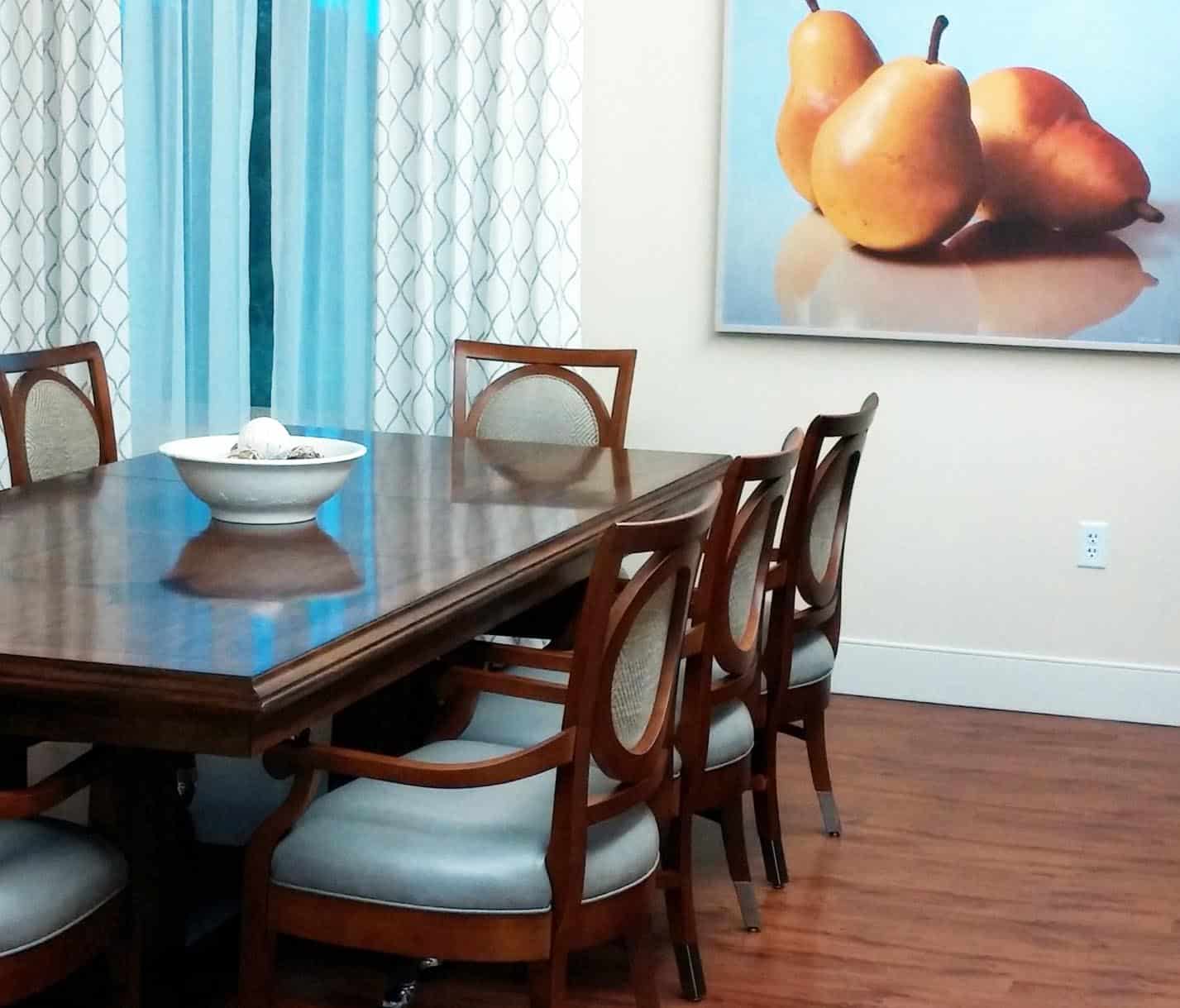The COVID-19 pandemic has added additional complexity in the decision making to move a loved one to senior care. In regular times the choice is difficult for families and Seniors to make. The issue of moving out of your home to a community for additional medical support is only one part of the dilemma. The typical list of questions might consist of:
- Is the time right for getting more help?
- Can Dad live safely in his own home?
- Is Mom getting enough socialization?
- What are the risk factors of living alone?
- Is Dad able to keep up the maintenance of his home, and is that dangerous?
- Is Dad eating nutritious meals?
- Is Mom lonely?
There is a pattern to all of this that seems very typical. Millions of families face this every year as they consider the health and happiness of their loved ones. These are tough decisions and require time and attention for everyone. It can be very stressful.
The Pandemic Has Added So Many Additional Complications.
The fear that surrounds the additional risks of Senior Living is real. Many communities have experienced illness among residents and staff. Families have many more questions concerning the safety of their loved ones when it comes to moving.
It Is Not Unlike What Families Are Dealing With Concerning Sending Kids To School.
The questions are similar:
- How can I move my Mom safely at this time?
- How can we minimize the risks?
- Should Dad just stay home?
- What are the protocols to keep everyone safe?
- Is the benefit of socialization and support worth the risk of moving at the time?
- Is it better for Dad to be home alone or move where he can have interactions with other people?
- How will I feel if I cannot go and visit my family member?
Each Senior Living Community In Kansas City Has Procedures In Place.
These concerns should be directed at each separate community for clarification. State and federal rules and regulations mandate communities, but in addition, individual Assisted Livings and Care Facilities to have unique protocols. Some communities are limited by the physical structure of their facility.
During this unusual time, onsite tours are not allowed, but many communities are making virtual tours a reality. Family conferences can be accomplished through Zoom meetings.
The Piper Assisted Living in Kansas City, with its unique small household model, can minimize risk to larger groups. Community space is large enough to accommodate social distancing while providing a more intimate homelike experience.
In addition, private isolation apartments are available for new residents to be separated for a 14 day isolation time before moving to their individual apartment. All of these precautions are put in place to keep residents safe while receiving all of the medical support they need. These are necessary steps for the health of everyone. Staff and administrators are tested on a regular basis, and safety protocols are followed daily.
Even Though The Decision Making May Be Difficult, Most Elders Adjust To Senior Care Successfully.
The benefits often outweigh the negatives. And many of the fears during the decision-making process dissolve after a time of adjustment to senior care. So many Seniors enjoy the newfound social life and diverse activities that exist in Senior care. They may have the opportunity to return to activities that had been lost because of living alone like card and game playing. Some will engage in new hobbies and interests.
Most importantly is the occasion for new friendships and shared experience with one’s peer group. Shared mealtime can become a real treasure again.
There is nothing easy about this whole process, but everyone is pulling together to find answers and make the best out of a difficult time. The staff and administration are continually creating innovative ways to overcome problems. Sometimes multiple attempts must be made until the best answers become apparent. Everyone is on a steep learning curve.
There Are Many Reasons To Believe That Once Some Kind Of Normalcy Has Come About, That Senior Living Will Have Experienced Improvement.
A new sensitivity to the needs of Elders is surfacing, and the desire for ‘home’ to be real and not an institution is more apparent. The human touch will be more profoundly acknowledged as a key to health and happiness. This population has become the focus of the devastation of this pandemic, but it also highlights the responsibility of our culture to honor and protect our Elders. It is imperative that everyone involved must capture the lessons learned and never return to taking things for granted again.

